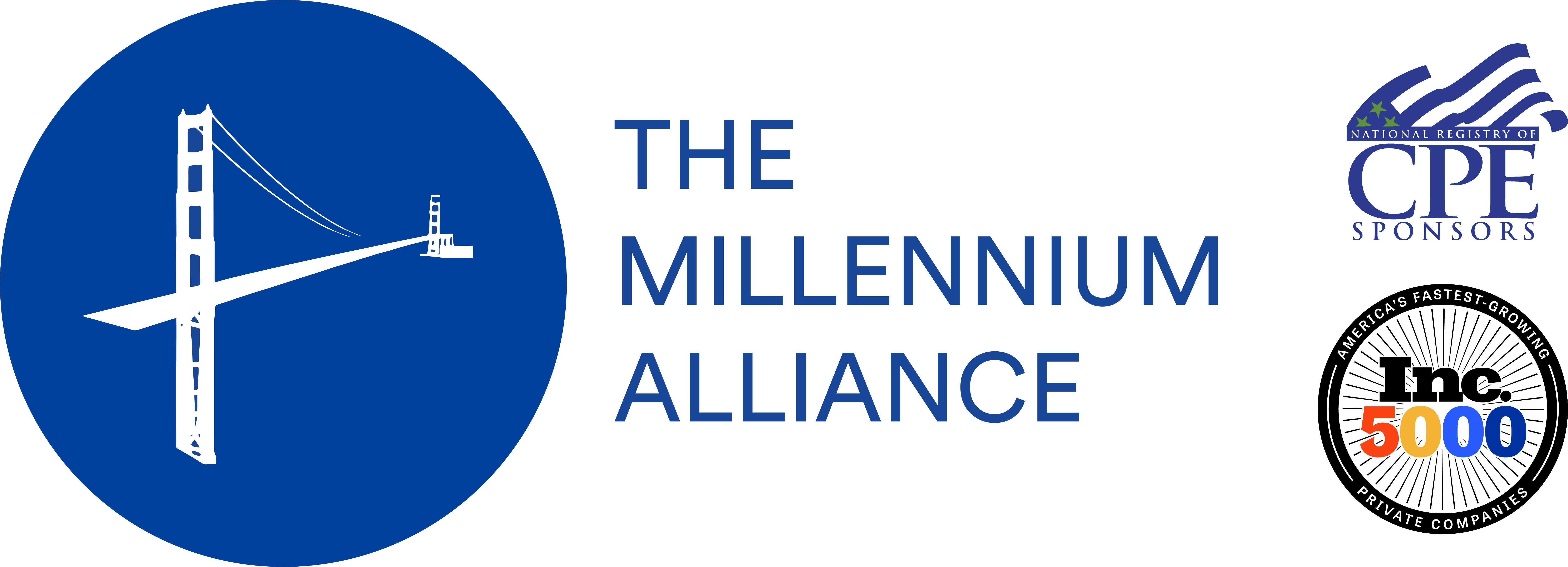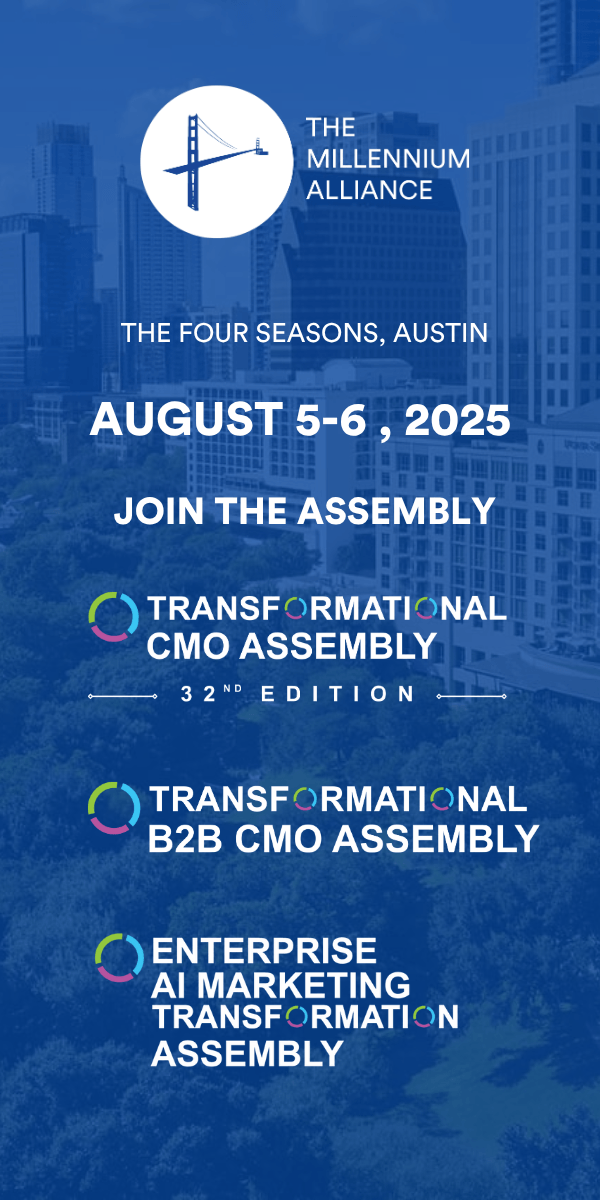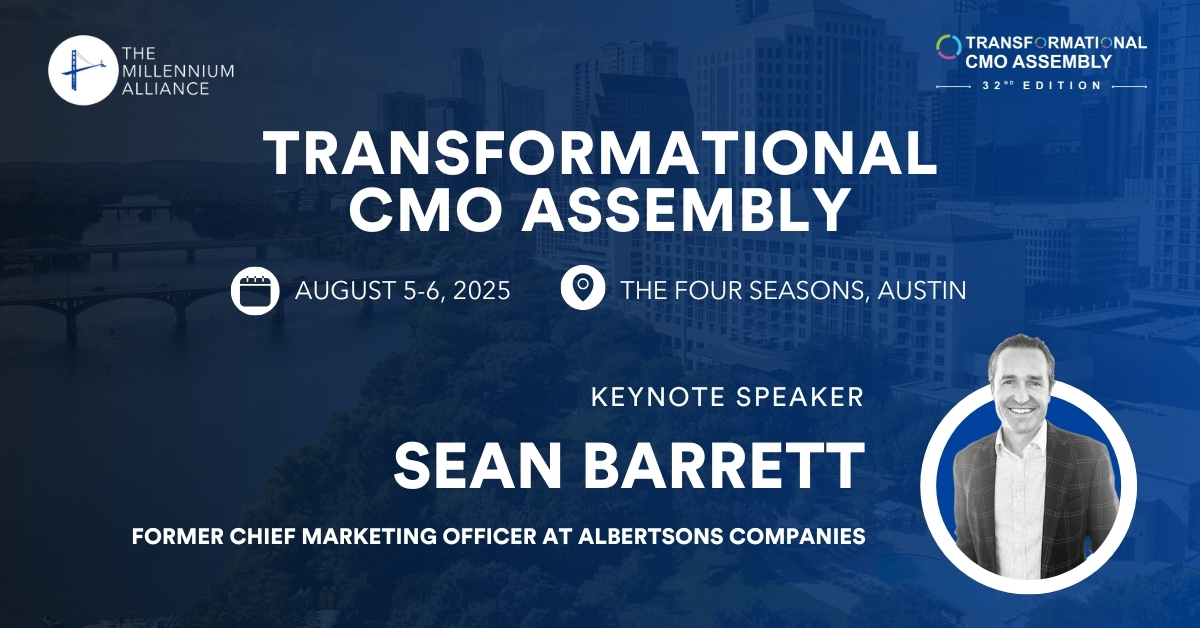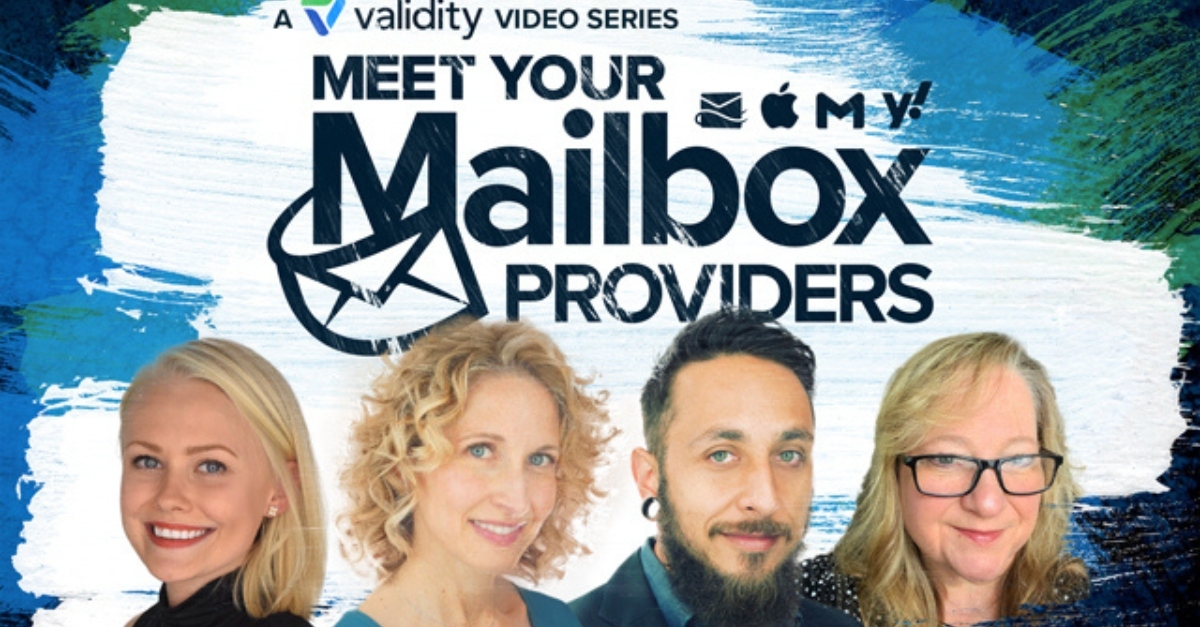As originally published by Denise Lee Yohn on Forbes.
The combined trials of the Covid-19 pandemic and protests over the racial divide are testing leaders. These crises are revealing those leaders who manage to rise to the challenge and those who are falling short of their responsibilities. Now is the time to examine your leadership style and strategy and develop the new skills and approaches you need to provide the vision, direction, and inspiration your people need now. Great brands actually thrive amidst challenge and change, so they provide excellent models of leadership that you can adapt to hone your leadership style and strategy.
In difficult times, many leaders and companies tend to retreat, hunker down, and avoid taking on risk. Whether trying to navigate through crises while leading an enterprise, managing a team, or even finding a new job, people crave certainty and stability so they return to the familiar and proven, or take their cues from those around them and follow what everyone else is doing.
But great brands assume a more proactive, progressive posture. They look for ways to think and act differently, so that they move themselves and their world forward. You should look to great brands to learn how to differentiate yourself and stand apart as a leader.
Great brands ignore convention and innovate. In the throes of the 2008 financial crisis, Hyundai introduced an unprecedented program, Hyundai Assurance. Through the program, the car maker offered buyers the option of returning their vehicle if they lost their jobs within a year. It was a bold and risky idea, but it got to the heart of consumers’ fears and broke through all the noise and distractions that other car companies were fighting. Hyundai ended up benefitting from not only a spike in sales, but also the widespread news coverage and positive public sentiment generated by the program.
You need to take similarly bold and ingenious actions if you want to do more than simply survive the current crises. For example, New Zealand Prime Minister Jacinda Ardern initiated a national goal of not just flattening the curve of coronavirus cases, as most other countries have, but eliminating the virus altogether. This elimination strategy differed significantly from mitigation efforts, as it required an escalation of restrictions at time when other countries were looking to open up. Ardern has faced criticism and skepticism for the decision, but she has remained steadfast in her resolve to lead what she calls “our team of five million’s extraordinary commitment to beating Covid.”
Breaking from convention and initiating new efforts during a crisis comes with great risks – the risk of being doubted, the risk of encountering problems in execution, and even the risk of failing. But the potential reward is also great, and the alternative – being passive and playing defense – could lead to leadership irrelevance and even impotence.
Great brands speak out. Nike doesn’t shy from controversy. In 2018, it supported U.S. National Football League player Colin Kaepernick amid the controversy over his decision to kneel during the national anthem in protest over police brutality and racial inequality. Nike continues its outspokenness today, running a public service announcement on social media in the wake of the death of George Floyd and the ensuing protests. Using a twist on its famous tagline, the video begins with the words, “Don’t Do It” and goes on to feature maxims such as “Don’t sit back and be silent.”
You should recognize, as great brands do, that moments of division and disaster call for strong voices to speak clearly. Bill Gates spoke out when, early in the coronavirus developments, he called for immediate and specific action, including a nationwide shutdown and clear prioritization of Covid-19 test recipients. San Francisco Mayor London Breed spoke out when she told crowds protesting Floyd’s death at the hands of police, “Yes, I’m the mayor, but I’m a black woman first.” Her passion and conviction were on display as she spoke: “I am sick and tired of being sick and tired. I don’t want to see one more black man die at the hands of law enforcement.”
By speaking out, you can differentiate yourself. Instead of issuing vague platitudes, toeing the “party line”, or concerning yourself with political correctness, consider how you should use your platforms to share your unique points of view and advocate for what you believe in – even if doing so risks offending or alienating others. Leadership, by definition, is about influence, so seize the opportunity to influence others whether in a one-on-one conversation, a company email, or a public announcement.
Great brands show their distinctive personality. Within a few hours of the attack on 9/11, Starbucks ordered all its stores in North America to close. But the managers of several undamaged stores near the disaster site decided to stay open to feed first responders and serve as triage centers for the injured. The move was a demonstration of the brand’s unique personality of caring and community service. Starbucks has also shown its distinctive personality in the Race Together campaign it undertook in 2015, its small business loan program in 2011, and even in the inspiring mobile app pick-up messages it implemented in China after the Covid-19 crisis hit. The company seeks to do everything in an impactful and memorable way.
Many leaders struggle with showing their personality, especially in tumultuous times – perhaps because they don’t want to appear emotional or they’re not sure if their uniqueness will be well-received. But people crave an emotional connection in crises. They want leaders to be human.
That’s why humorous memes from and about Chicago Mayor Lori Lightfoot during the pandemic have been so well received. And why many have praised New York Governor Andrew Cuomo’s coronavirus briefings which have included stories about his family, personal anecdotes, and unvarnished remarks. Leaders like these dare to be different. They know that if they show their unique personalities, they won’t appeal to everyone. But they will stand out, win many people’s trust, and be remembered long after the crisis passes.
Leadership is needed in these times more than ever. Great leaders focus on what makes them unique and they act with boldness, conviction, and personality in pursuit of a better future for themselves and the world. That’s what great brands do.














